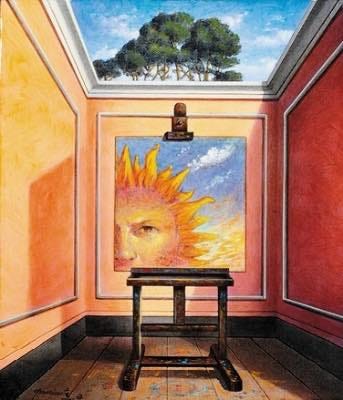The Source of Human Virtue
... independent of EVERY religious system.
"The principles of moral virtue are essentially distinct from the belief of any existing system of faith, they result from the relations of a being with his fellow beings; justice toward ourselves is wisdom; justice toward others is virtue. In society all is relative, there is no happiness independent; we are compelled to sacrifice a part of what we enjoy, not to be deprived of the whole, and to secure a portion against all assaults. Even here the balance is in favor of reason.
However laborious may be the life of the honest man, however encompassed with dangers, however beset with difficulties it may be, that of the vicious character must be more so. He can seldom be tranquil who stands in opposition to the interests of his fellow men. It is impossible for him to conceal from himself that he is surrounded by enemies, or by those who are ready to become so, and this situation is always painful, however splendid may be appearances. Let me add in these considerations the sublime rectitude of instinct, which corruption may lead astray, but which no false philosophy can ever annihilate, which impels us to admire and love wisdom and generosity of conduct, as we do grandeur and beauty in nature and the arts; and we shall have the source of human virtue, independent of every religious system of the intricacies of metaphysics, and of the impostures of priests"
Gilbert Vale
LIFE OF PAINE
New York; Published by the Author at the Beacon Office, 1839.


I wonder. Is virtue inherited, or is virtue a learned behavior? I believe we have inherited a basic moral sense of right and wrong, which is either strengthened or weakened by those we are exposed to as we age toward competency. Our biological parents may or may not have the deepest impact on us. There are the friends we make as we grow up. There is our formal education or lack thereof. And, of course, there are the consequences of decisions we make that end up determining our character.